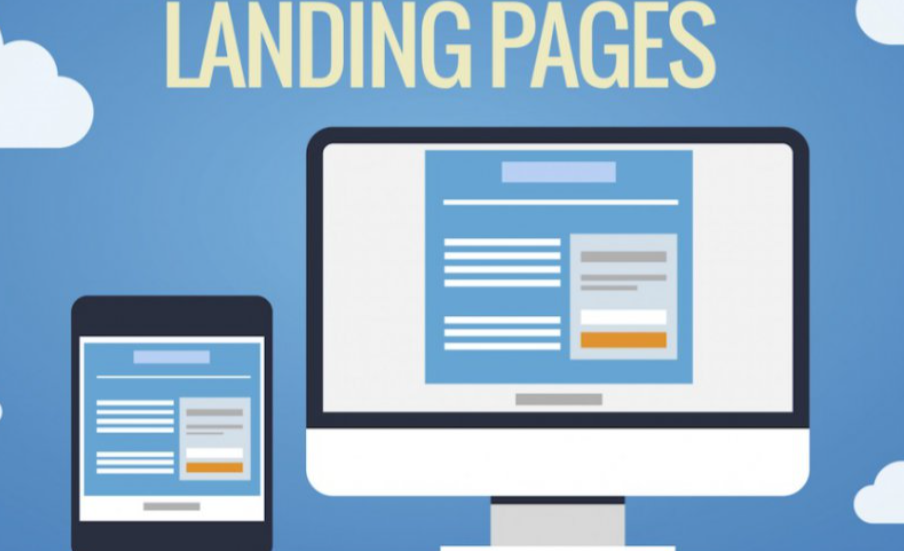If you are an entrepreneur and run your own online store, you may already be familiar with the landing page concept?
If not, you’re really missing out! Is your store doing well? Good for you. But is it working optimally? Do you know your conversion rate? How high is it?
A typical conversion rate is around 2%, but the best companies are able to multiply this figure by two or three. How do you do this? By creating a landing page.
What is a landing page? A landing page is a page on your website that is specifically designed to get your visitors’ contact information through a specific action.
Think of all the things you could do commercially if you had direct contact with your potential customers…
You have ideas? Great. So let’s see how to create a landing page that really converts, and what example landing page could inspire you.
Landing page: definition
Let’s dig a little deeper into this quick definition of the landing page given in the introduction.
Web marketers commonly use the term landing page, but the French version is more explicit: page d’atterrissage.
We also sometimes use the term capture page. That is, a page where your visitors land after performing an action (for example, clicking on an ad).
If there is one thing to remember about the definition of the landing page, it is this. The ultimate goal of the landing page is to convert. But then, are your product pages, for which you advertise, landing pages?
Yes and no.
Yes, because if a visitor clicks on an ad or a link on your Instagram story and buys one of your products, that transaction goes into your conversion rate calculation.
No, because your product pages are the inherent pages of your website. You have product pages because you sell products.
A landing page meets a specific need. If you create a page to sell a particular product and you advertise on that page, then yes, it’s a landing page.
But at the end of the day, the real role of a landing page is to generate leads.
What is the purpose of a landing page?
As mentioned above, the purpose of a landing page is to convert visitors into leads. What are leads, in this case inbound leads?
They are people who show a first interest in your online store (they have clicked on your website), but who are not yet customers. They are potential customers.
The challenge for you is to retain them in one way or another and to maintain their interest so that they become customers.
And to achieve this result, the ideal is to get their email address. Then you can send them newsletters or personalized emails. If you inform them regularly about promotions or new products, you may well convert them sooner or later.
Landing page: example
To be effective, the landing page is structured as a conversion tunnel, which starts with a promise (the main benefit) and leads to conversion (leaving contact information).
So we immediately understand the crucial importance of the initial promise.
In other words: what do visitors gain by leaving their contact information? This is the question to ask yourself to make a landing page.
What to propose in a landing page?
This promise must offer a real interest for your prospects. Forget the classic newsletters that give news about your brand. Your potential customers are already overwhelmed with daily newsletters that go straight to the trash.
Let’s go through some examples of e-commerce landing pages and the different possible promises:
Discounts – Landing page examples:
Offering additional discounts is a classic, but very effective promise on online stores.
Landing page example: offer free content
Free offers are another recurrent promise concerning landing pages. After all, who would turn down a freebie? No one would.
Except that for you, the initiator of the landing page that converts, it’s not a gift, but an investment.
You could offer samples, expert advice or even free courses, if you sell training for example.
Information – Example of a landing page
Here is another landing page example in a B2B context:
YouLoveWords is a marketing writing agency. Their target: companies looking to improve their visibility by creating content. More specifically, the marketing managers of these companies, or the people in charge of an online store for example, who are also in charge of the marketing strategy.
In short, people who are always on the lookout for new techniques and applicable information.
So what does YouLoveWords do? They offer to download a white paper about content marketing.
What is their promise?
“Become a content marketing expert”.
